Frederica Freyberg:
Winter is holding on in northern Wisconsin, where they got blasted with another heavy snow this week. Governor Scott Walker also declared a ten-day energy emergency in response to the continuing cold temperatures and the ongoing demand for propane. The declaration allows propane delivery trucks to exceed special weight limits imposed on Wisconsin roads during the spring thaw. By Wisconsin law, state utilities cannot shut off your heat during winter months, but come April 15, it’s time to pay up. Customers are now at risk of being disconnected, unless they make arrangements to pay their bill. The harsh winter and the shortage of natural gas are compounding the problem this year. With us in our studio this week is Kira Loehr, acting executive director of the Citizens Utility Board. Thanks for being here.
Kira Loehr:
Thanks for having me.
Frederica Freyberg:
So this shut-off ban ended this week. Are there a good number of people across Wisconsin that might be looking at shut off?
Kira Loehr:
It’s been difficult to identify the exact number of people. That’s not something that’s tracked or reported regularly. But it’s safe to say that there are more people this year than have been so in the recent past.
Frederica Freyberg:
And would that be because their bills are just that much higher this year due to the conditions?
Kira Loehr:
Exactly, this was, as we all know, a very harsh winter. And the combination of the duration and the severity of the harshness contributed to a spike in demand. And that, coupled with a shortage of natural gas, both in the region and nationwide, spiked prices significantly.
Frederica Freyberg:
So what were customers’ bills looking like compared to potentially a previous winter?
Kira Loehr:
Because each bill can be different, I can give you a little bit of an indication on how the rates were, particularly compared to last year. And the rates for decatherm of gas were more than 200% greater than they were March last year versus March of this year. So it’s a significant increase.
Frederica Freyberg:
But don’t utility companies that use this natural gas kind of buy on a contract, so that they would have this gas for the heating season? Why didn’t that happen this year?
Kira Loehr:
Well, it did happen this year. Each of the utilities, particularly the five major investor-owned ones, have what’s called a gas supply plan. In that plan, they identify for the benefit of the Public Service Commission and the public the amount of gas they’re going to keep in storage and the various contracts they have, and they keep a level based on the projections for the winter of that particular year. This winter blew those predictions.
Frederica Freyberg:
So, all bets were off for this winter, and then they had to go to something called the spot market, where prices are much, much higher.
Kira Loehr:
Exactly. Spot market prices are not always as high as they were this year, too. That goes back to the confluence of everything bad happening at once and the region experiencing a shortage with everybody in such a significant harsh winter state.
Frederica Freyberg:
We do a lot of reporting here about the frac sand mining and then that frac sand going to places like North Dakota, where they have all these new kind of drill operations. Four things, including natural gas. I kind of thought that we were good on the supply of these things domestically.
Kira Loehr:
And we kind of were, and also still are, but the one problem is transport, and there was a pipeline rupture issue in the Minnesota area that significantly disrupted supply for several days. So it’s double dose. You need to both have it available, and then you actually have to be able to get it to the customer. There were problems on both ends.
Frederica Freyberg:
From CUB’s kind of work, research and investigation into this, have you determined that there was any wrongdoing on the part of utilities?
Kira Loehr:
It’s something that we’re still looking into, and will continue to look into, although we do expect at least the price spikes to start coming down in April and the coming months. But what we’ve been able to learn so far is it doesn’t look like there was anything nefarious going on, it was just an unfortunate confluence of events.
Frederica Freyberg:
Just a really bad winter.
Kira Loehr:
Yes.
Frederica Freyberg:
Have you gotten a lot of calls or letters or emails from customers saying what is going on and what am I supposed to do?
Kira Loehr:
We have. I was one of those customers who opened their bill, and went, “Oh!” And it was a significant shock to many people and one that just exponentially grew, January, February, March, as the prices increased. There’s a little bit of a lag as the utilities used what they had in storage in January and February, and then had to buy some more in March than they would’ve expected. We’ve gotten a fair amount of calls about it.
Frederica Freyberg:
What are you telling people?
Kira Loehr:
I’m telling people, one, it’s to be expected, given what occurred with respect to the winter. And two, if you’re having difficulty paying for it, negotiate with your utility and take a look at the government and other assistance available.
Frederica Freyberg:
What kind of government and other assistance is available?
Kira Loehr:
The Wisconsin Home Energy Assistance Program is the state-coordinated version of the low-income heating and energy assistance program that provides public benefits. They help pay and they also do and can facilitate energy audits to help find leaks, so that you are using less natural gas and energy. There’s also the Keep Wisconsin Warm and Cool fund, which fills a little bit of the gap associated with the income levels that are used to qualify for the W-Heat program.
Frederica Freyberg:
Is it complicated for consumers to access these funds?
Kira Loehr:
Actually, it’s not too bad. Wisconsin Home Energy Assistance Program, you can call 1-866-HEATWIS. And for Keep, it is 1-800-891-WARM. They’ll both be very helpful.
Frederica Freyberg:
Okay, and again, you said that people in the absence maybe of being able to access that kind of help, they can negotiate with their utility providers?
Kira Loehr:
Yes. The utilities expect that, and would promote that, and they would rather get something over nothing, so they are usually very willing to work with customers. If for some reason a customer has difficulty working with the utility, the Public Service Commission is also available to help mediate and negotiate between them and explain anything that’s confusing.
Frederica Freyberg:
All right. Kira Loehr, thanks very much.
Kira Loehr:
You’re welcome, thank you.
Frederica Freyberg:
Help in paying your heating bills is available, as we’ve said, for people whose household is at or below 60% of the state median income level. Roughly speaking, that’s about $47,000 a year for a family of four.
Search Episodes
Related Stories from PBS Wisconsin's Blog

Donate to sign up. Activate and sign in to Passport. It's that easy to help PBS Wisconsin serve your community through media that educates, inspires, and entertains.
Make your membership gift today
Only for new users: Activate Passport using your code or email address
Already a member?
Look up my account
Need some help? Go to FAQ or visit PBS Passport Help
Need help accessing PBS Wisconsin anywhere?

Online Access | Platform & Device Access | Cable or Satellite Access | Over-The-Air Access
Visit Access Guide
Need help accessing PBS Wisconsin anywhere?

Visit Our
Live TV Access Guide
Online AccessPlatform & Device Access
Cable or Satellite Access
Over-The-Air Access
Visit Access Guide
 Passport
Passport







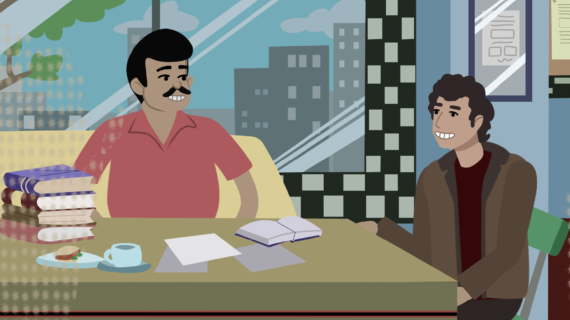
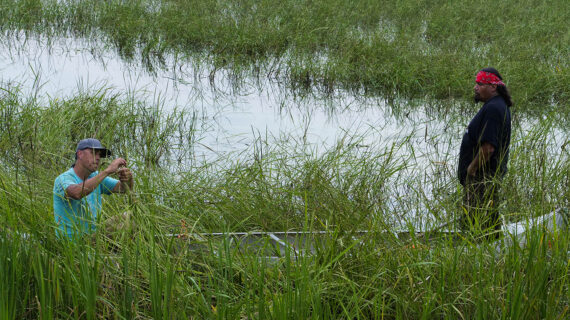
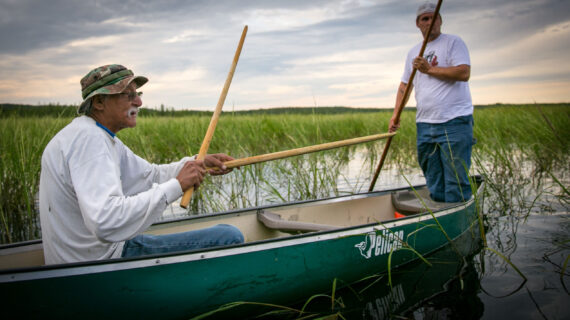

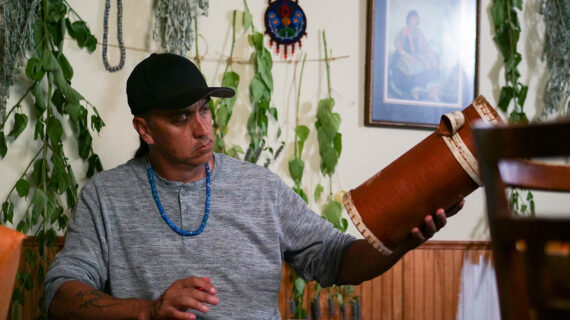


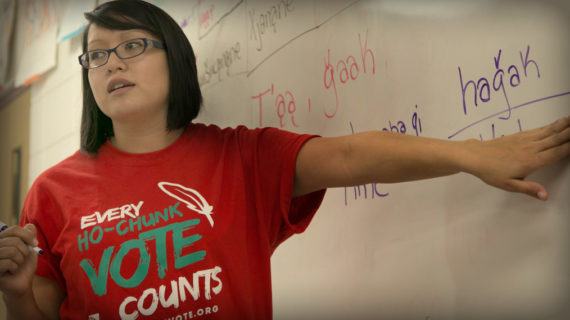

Follow Us